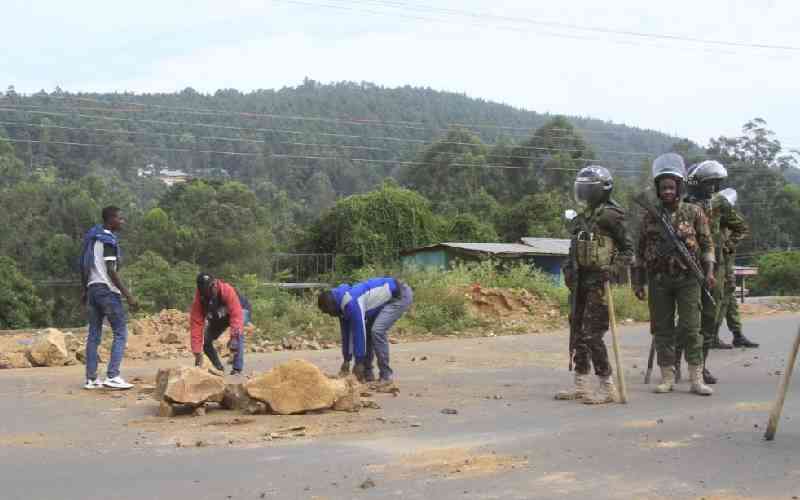
As fate would have it, this past week I found myself in the city of Dubai, the capital of the Emirate of Dubai, which is one of the seven emirates that make the United Arab Emirates (UAE). As you approach the immigration desks, it is written on the walls something like 'We build this city for the World, now we have built it for you'.
The only other time I have been to this part of the world was back in 2016, but on transit. So this week, I got to witness Azimio's three-day marathon protests from a distance. Thanks to the age of live media streaming and the power of social media, one can access information from literally anywhere almost real time.